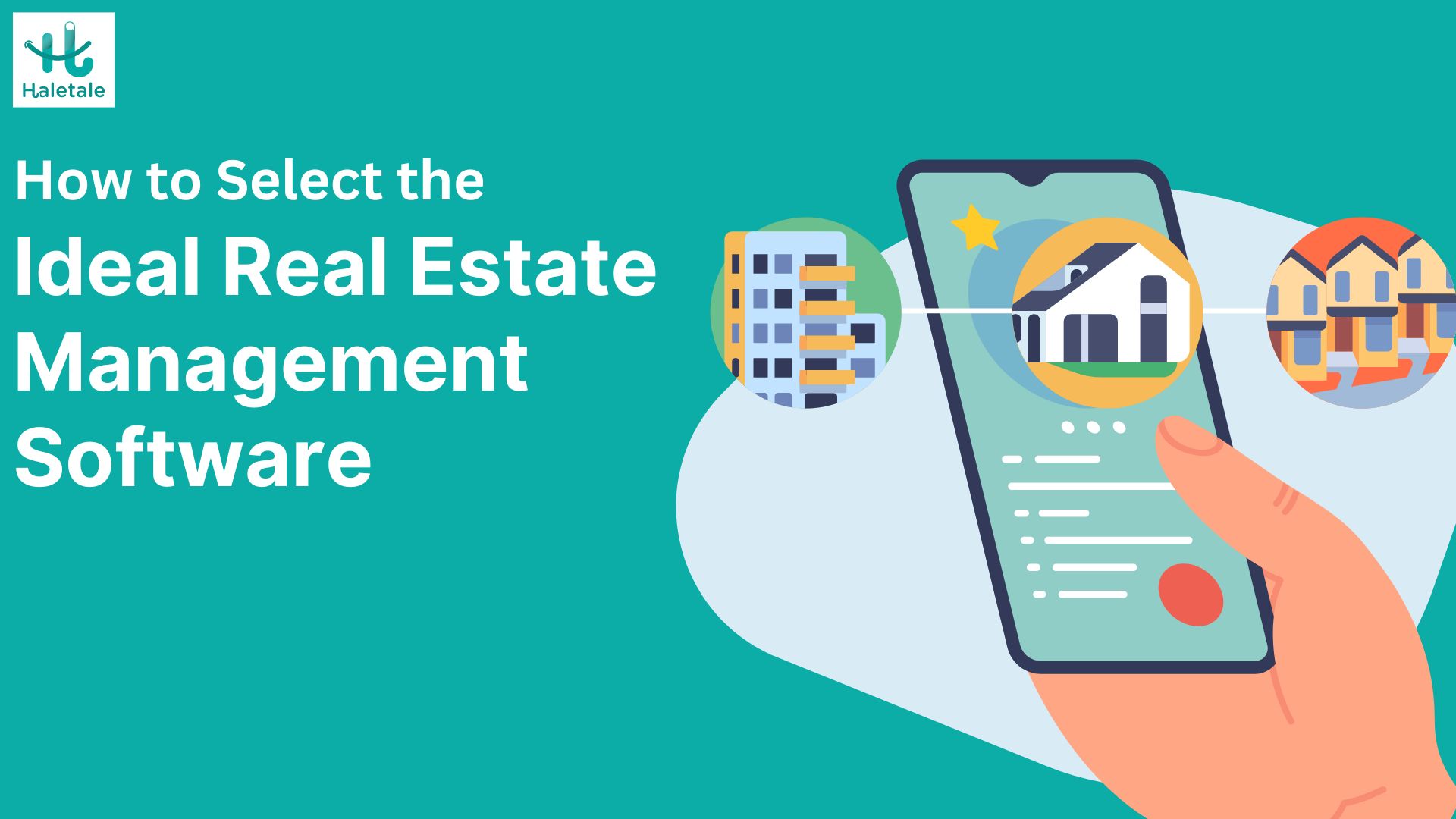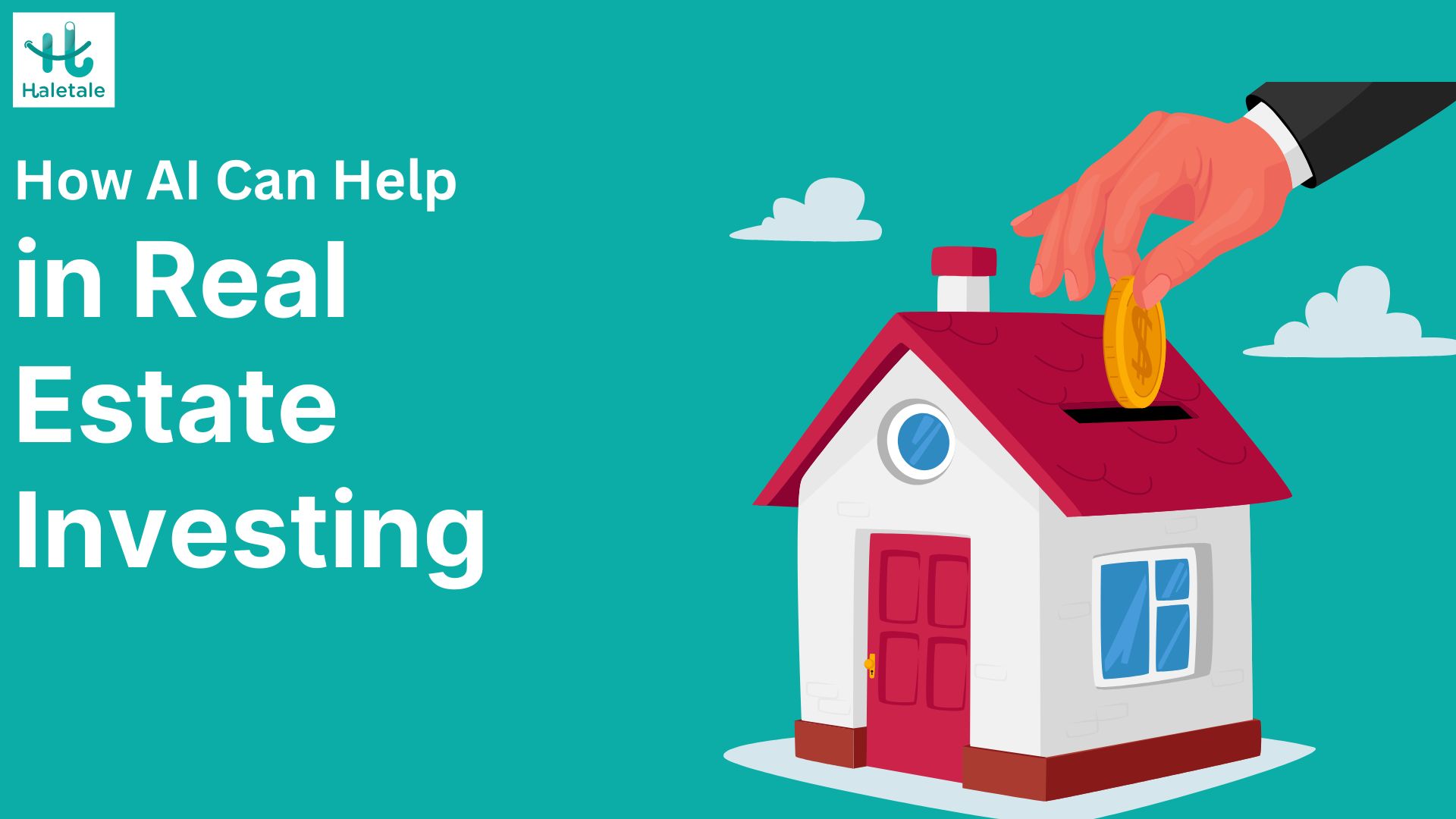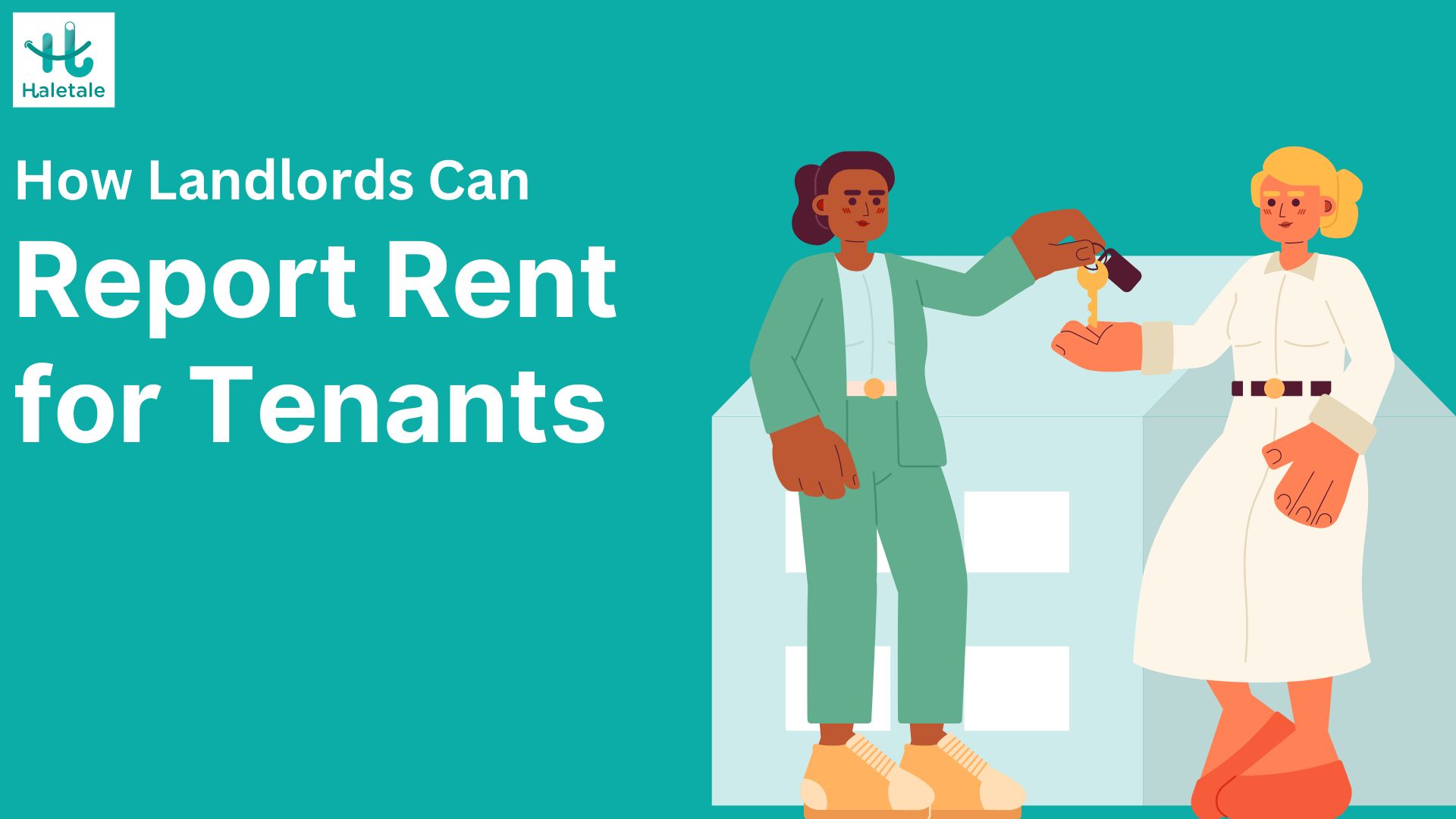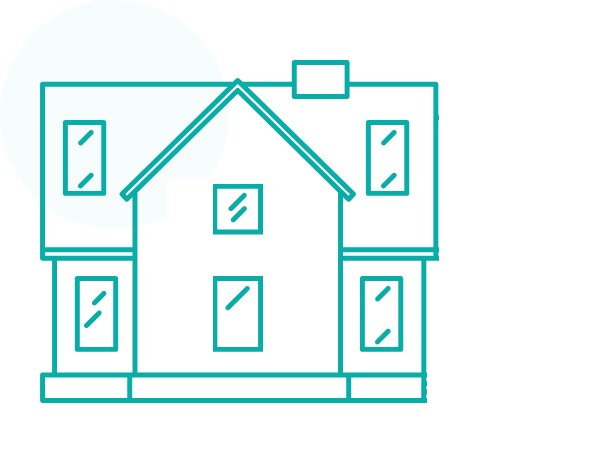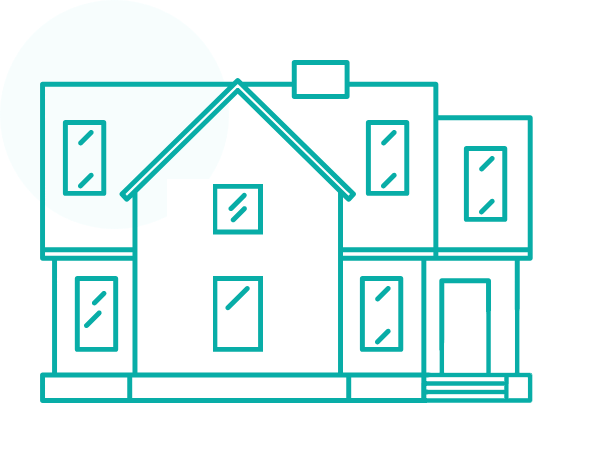Real estate management software has completely revolutionized the ways that property managers and owners handle their operations. In the modern age, finding the right software to help automate tedious tasks, help improve overall efficiency, and provide new communication channels for the tenant and property manager is essential. In a constantly changing market, having Ideal Real Estate Management Software can be the key difference between success and failure for a property manager.
Understanding Real Estate Management Software
Real estate management software refers to a class of solutions designed to optimize various property management tasks within the real estate sector. These solutions serve as centralized platforms that provide property owners and managers the tools to handle a wide swathe of tasks, the primary of which is to simplify time-consuming tasks that would have otherwise required significant manual effort and resources.
Real estate management software is a vital cog in the enhancement of real estate operations by automating tedious processes such as rent collection, maintenance requests, tenant communication, and lease management. With the centralized platform provided by this software, users are empowered to manage their properties much more efficiently and significantly enhance the tenant experience.
In short, real estate management software can help businesses and property managers move away from older, paper-based methods of working and transform the way that information and data are managed. By ensuring that important processes and operations are digitized and that crucial data is held in a central location, users of the software can experience benefits like a more streamlined way of working and the automation of routine, manual tasks.
Key Features to Look For When Selecting Real Estate Management Software
Real estate management software has a significant role in optimizing property management operations and improving management processes on the macro level. When making the quite significant choice of what software for your real estate business, it is key to consider the features that must be present when choosing the right real estate management software for you and your business. These Include:
Property Tracking
Property tracking functionality is quite possibly the most important task that a real estate management tool should be able to take over. Key aspects of property tracking include:
- Tenant Database: This is a comprehensive collection of current and former tenants. The database may contain information such as lease agreements, contact information, and payment history.
- Document management: This involves the storage and version control of essential documents such as insurance papers and official notices or memos. This document management system should be robust, yet easy to use.
- Inventory Management: This is the feature that keeps track of all property inventory, which may include lists of appliances, fixtures, and a comprehensive maintenance history.
Financial Management:
Any prospective real estate management tool requires certain financial management features in order to maintain company viability in the short, medium, and long term. Important components of financial management include:
- Accounting and Budgeting: This involves tools for bookkeeping and financial reporting. It is typically achieved via integrations with another third-party application.
- Rent Payment Processing: This is a facilitation of rent collections from tenants via online payments, preventing the hassle of manually entering payment data into the system. In this case, the payment data is filled into records as it enters the system.
Maintenance Scheduling:
This involves using an online system to schedule and track maintenance tasks for different properties. Good property management software should provide managers the ability to assign maintenance tasks to employees/vendors, track job progress and manage work orders efficiently.
Integration and Flexibility:
Property management software offers significant value to users via its ability to integrate with previously existing solutions and to adapt to portfolios of varying sizes. The integration capabilities enable the software to connect with a host of other tools and services, leading to significant increases in operational efficiency.
User Experience:
A user-friendly interface is paramount for an easing of management operation tasks. With a well-designed and intuitive interface, navigation becomes simple, training time for new users lessens significantly, and productivity, as a result, is enhanced. By prioritizing user experience, property managers can achieve a great deal of workflow optimization, resulting in more time to perform more pertinent tasks.
Security and Compliance:
Managing sensitive data in property management software requires strong security measures and adherence to industry standards. Protecting financial, personal, and private information requires the adoption of security measures such as user access controls, secure data storage, and two-factor authentication. Adherence to industry laws guarantees property managers uphold legal obligations and preserve data integrity. Property management software that prioritizes security and compliance helps businesses reduce risks, safeguard sensitive data, and cultivate relationships of trust with real estate industry stakeholders.
FAQs:
Q: What are the key features to look for in real estate management software?
- Accounting and Budgeting
- Rent Payment Processing
- Tenant Management
- Document Management
- Maintenance Management
Q: How can real estate management software enhance operational efficiency?
Real estate management software assists project managers in performing previously tedious tasks like rent collection, maintenance requests, and billing, which save time and improve efficiency. These tools also help centralize data, improve communication channels with tenants, better track expenses, and provide managers with the analytics they need to make informed decisions for the benefit of their portfolios.
Q: What are the benefits of implementing real estate management software for real estate businesses?
- Improved efficacy in managing properties, tenants, and finances.
- It improved tenant communication and satisfaction by making use of online communication channels.
- Access to up-to-date data and insights for informed decision-making and long-term performance tracking.
Q: How do you evaluate and choose the best real estate management software?
To make a decision on the most suitable software for your very specific property management needs, consider the following:
- Consider if features like maintenance management, online communication tools, and facilities for rent collection are present.
- Evaluate software based on scalability, user-friendliness, security measures, customization options, and integration capabilities with existing systems.
- Prioritize cloud-based solutions that offer reliable security measures and incorporate analytics.
Conclusion
Find the best Rental Property Management Software in Canada. Transform your Rental property into a cash-generating asset with our user-friendly property management software solution.
Smarter Property Management
Choosing an ideal real estate management tool can significantly affect the profitability of management operations. By making use of the right software for your business, managers can enhance tenant relationships, maximize every dollar spent in the running of the business and ultimately achieve success in the real estate industry. The benefits that this class of software solution can offer can lead to increased operational efficiency and profitability for real estate businesses.
Evaluate your real estate management needs and consider if adopting an effective software solution would help you enhance tenant satisfaction and boost profitability. Share any experiences you may have with this software or any inquiries you may have on how real estate management software can transform your property management practices.
